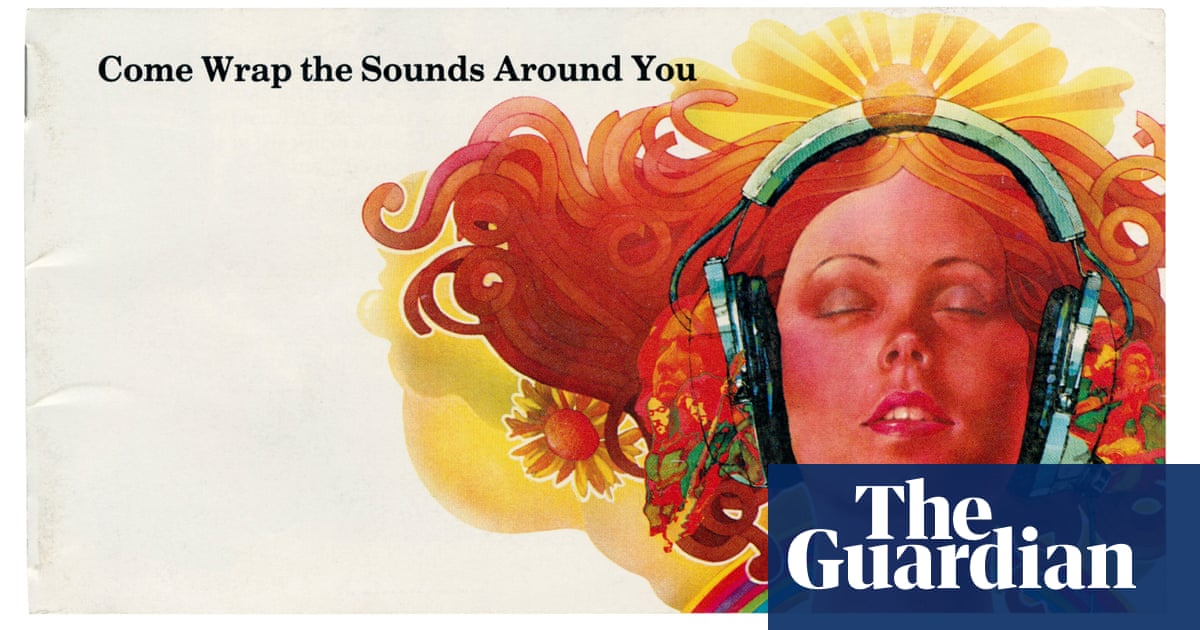
he final line of Marlon James’s A Brief History of Seven Killings is: “–Kimmy?” It may not be “So we beat on, boats against the current, borne back ceaselessly into the past”, or “He loved Big Brother”. But in the context of everything that has gone before in this 700-page novel, it is a resonant ending.
The word “Kimmy” tells us that one of the novel’s lead characters and narrative voices, Nina Burgess, has made a phone call home and tried to reconnect with her sister. After all the chaos and fear; after fleeing Jamaica; after years of precarious living under assumed identities; after catastrophically falling out with her family: Nina finally picks up the receiver and speaks to her sibling. Maybe. Because, we’re left with that question mark. We don’t actually know that it’s Kimmy who answers, let alone how the rest of the conversation goes. James leaves us wondering – which is a fine way to go out.
But it’s what happens immediately before this call that leaves an indelible image in the mind. Nina has come across a food shop called Boston Jamaica Jerk Chicken and decided that she wants something Jamaican in her mouth “that’s not a penis”. She asks for, “Roast chicken no fry chicken yes fry chicken and rice and peas if you have some rice and peas and some fry plantain and shredded salad and –”
“Woi, lady, slow down. The food nah run nowhere,” says the man behind the counter.
“He’s laughing at me,” Nina thinks. “Well, more like grinning and I don’t mind except now it making me wonder when last I make a man laugh.”
In a few sentences, we’re made to feel how lonely and homesick she is, how desperate she is to reconnect with home, despite how often often she has insisted the opposite throughout the novel. We can almost taste the poignancy as the man in the shop gives her “good fry chicken light brown and almost chunky and soft inside like he fried it then baked it”. The feeling is only compounded as he provides her some “granny wisdom” in a homely commentary about the Bible and raising children. It’s easy to imagine Nina’s thoughts drifting back to her childhood, like the narrator of In Search of Lost Time as he eats his madeleine, borne back on a current of rich food … Until, suddenly, she sees the TV in the shop and reads the news ticker at the bottom of the screen: JOSEY WALES FOUND BURNED TO DEATH IN PRISON CELL.
The man she is running from is dead. And this prompts a final, brilliant metaphor for everything that has gone before, all the years of violence and terror she’s endured: she makes it out through the door “just before the vomit burst me lips open and splatters all over the sidewalk … Somebody across the street must be watching me hack fried chicken while my own belly is contracting the life out of me. Nobody is coming but I still felt a mess right near his door. I’m trying to stand up straight but my stomach kicks itself again and I bowl over hacking but no vomit.”
Lovely. That marvellous eructation also feels like a good note for us to end on. The only thing left to say as we pause the reading group, is thank you. I’d have been naturally predisposed to love any project that involved reading more than 100 other wonderful novels over a decade, but it’s you readers who have made it so special. The conversations we’ve had about books and art and all the humanity they encompass have been a consistent source of inspiration and enlightenment. It’s been a blast.












